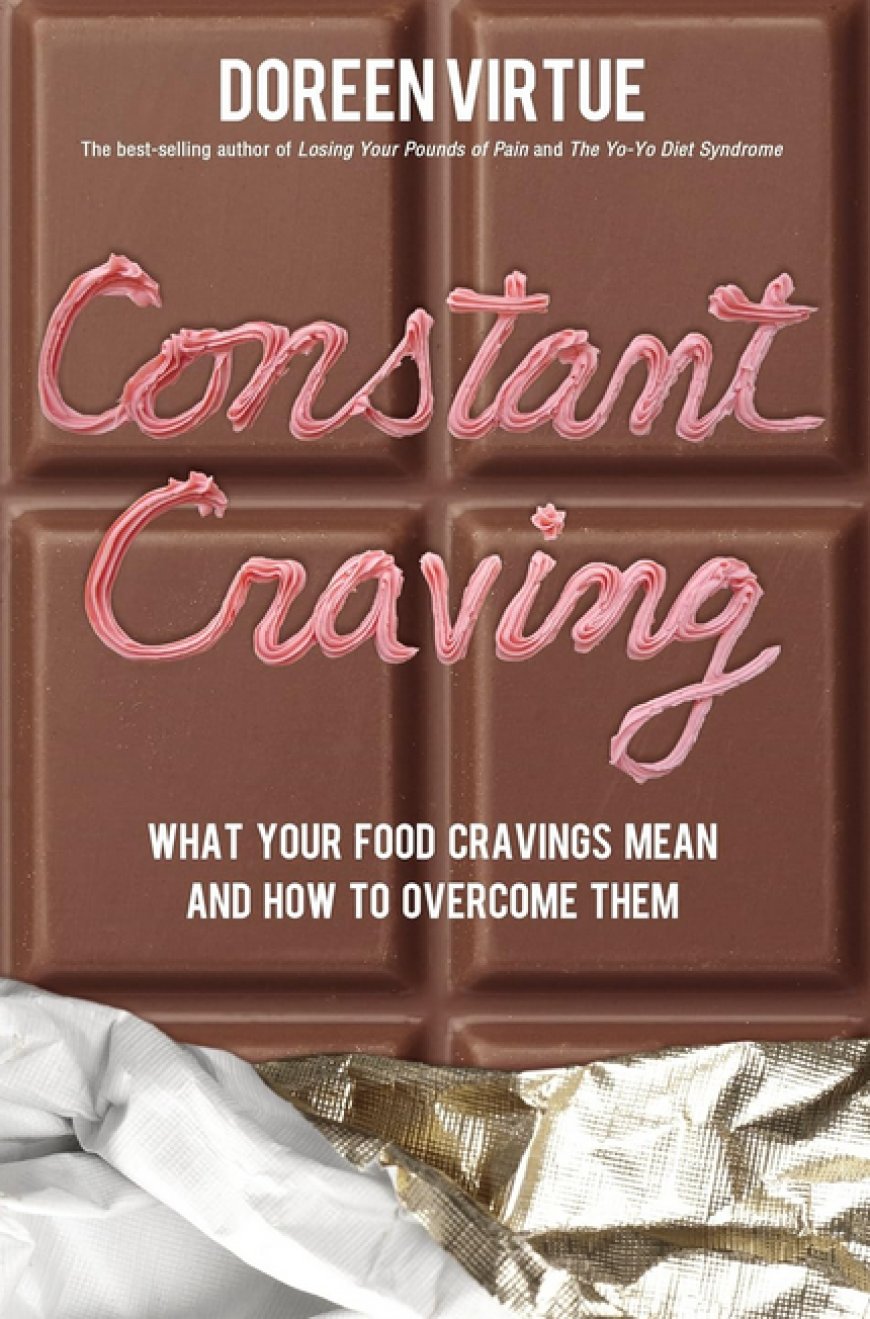CONSTANT CRAVING
Nothing has been going the way you wanted. You were misunderstood by your friend and had argument. You have a very important exam in two days and an assignment that you need to get a high score on. You feel stressed, overwhelmed, stuck and alone. You ate dinner an hour ago. But the food did not seem enough and satisfying to you. You consumed foods such as chips and chocolate and then felt more energetic and happier. Does this situation sound familiar to you?

Doreen Virtue provides guidance on understanding our emotional needs in her book "Emotional Hunger". The book emphasizes that people often experience emotional hunger, and trying to fill this hunger with food can lead to problems. Many people tend to eat to cope with stress, happiness, boredom or other emotional states. Emotional hunger refers to the tendency to eat associated with emotional states such as stress, sadness, happiness or distress (Sevinçer & Konuk 2013). This type of eating behavior may not be related to physical hunger but may reflect a search for emotional satisfaction. Emotional hunger is influenced by many psychological and social factors and affects healthy eating.
Emotional problems associated with food cravings usually fall into one of the following categories:
• Stress, tension, depression, fear or impatience
• Feeling depressed or bored
• Feeling tired and weak
• Meeting the need for entertainment and relaxation. Working too hard, not having enough fun
• Disappointment from love, care, affection, displeasure, or frustration.
• Emptiness, insecurity or need for relief
(Virtue, 2011 p.54)
According to Plutchik, when overweight individuals experience difficult emotions, they tend to eat more than individuals whose body and weight index are proportional (1976, pp21-24). Emotional and physical hunger are confused and even feel the same. That's why we continue to binge eat, not realizing that we are full. In fact, it is not our stomach that we want to feed, but our emotions. Learning the definitions of emotional and physical hunger is key to understanding where hunger originates.
Emotional Hunger:
• It comes suddenly and is urgent: You weren't actually hungry 10 minutes ago. But if you don't eat right now, you feel hungry as if you are going to die and want to eat urgently, this is emotional hunger.
• Requires a certain food: You feel compelled to eat the cheeseburger. Another food you consume will not satisfy you.
• It is accompanied by a sad feeling: You had an argument with your friend. You feel very alone. You have a very important exam tomorrow and that's why you're feeling stressed. You may find yourself eating chocolate conciously or unconciously to feel better.
• It involves eating spontaneously or unknowingly: As if someone were forcing you to eat that chocolate. You feel like you are feeding. Even though you already got what you need, you continue to eat. Maybe it continues until you feel nauseous from eating chocolate. this situation. Nausea makes you aware of what you are doing and how you are feeling. However, sometimes, you may not even notice that you are feeling nauseous.
• Does not stop even when the body is full: Emotional eating results from covering up challenging emotions, ignoring is caused by procrastination. You eat to get rid of challenging emotions. Your stomach hurts and you feel nauseous. You continue eating.
• Eating guilt: You ate to feel better and actually you felt better for a short time. However, you ate so much that it bothered you. “That's enough! The same thing happens every time and then I gain weight. I feel so ugly and I feel overweight.” thoughts like this crossed your mind.
Physical Hunger:
• It's gradual and patient: Your stomach growls, and your energy drops. Your body gives you signals along with step-by-step tips. Eat right at that moment does not command.
• Open to different foods: You may not want to eat some foods, but you are open to alternative foods.
• It arises from physical need: If you ate dinner a few hours ago and feel hungry, then you are experiencing physical hunger. You may feel dizzy, feel weak, have a headache.
• It involves conscious choices and awareness: When you realize you are full, stop eating. It is the state of being able to stop even though you have not finished. When you are satisfied, you stop.
Virtue addresses the underlying causes of emotional hunger and offers readers their own emotional It helps them discover ways to understand, express and satisfy their needs. She offers techniques that we can easily integrate into daily life such as meditation, self-awareness and positive thinking to find emotional balance. We develop certain methods to escape from the challenging emotions we experience or to feel better. But these methods seem good and useful to us for a short time. Some damaging situations arise in the long term. It is necessary to move forward by being aware of these and create space for yourself to make choices.
REFERENCES
Sevinçer, G. M., & Konuk, N. (2013). Emotional eating. Psychiatry and Behavioral Sciences, 3(4), 171.
Virtue, D. (2011). Constant craving: What your food cravings mean and how to overcome them.
Hay House, Inc. Plutchik, R. (1976). Emotions and attitudes related to being overweight. Journal of Clinical Psychology, 32(1), 21-24
What's Your Reaction?

















































































